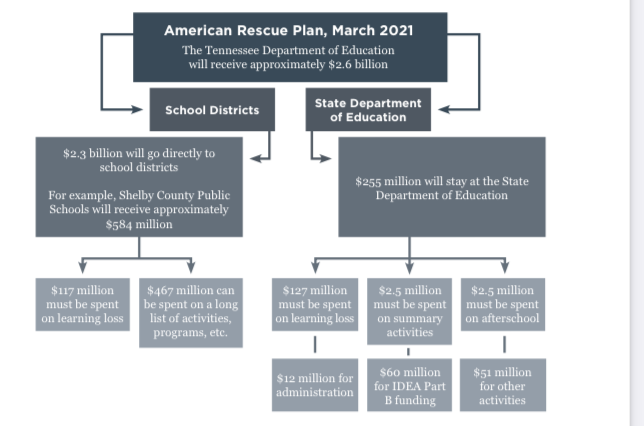In a state that continues to earn failing grades in school funding, community groups in Nashville, Memphis, and Chattanooga are calling on Gov. Bill Lee and legislative leaders to both increase school funding and update the BEP with a focus on equity.
Here’s an open letter penned by the groups:
To Governor Lee, members of the General Assembly, the Funding Review Central Steering Committee, and Chairs of the Education Funding Review Subcommittees:
In August, Nashville Organized for Action and Hope (NOAH) and our sister organizations, Memphis Interfaith Coalition for Action and Hope (MICAH) and Chattanoogans in Action for Love Equality and Benevolence (CALEB) gathered for a Day of Power and Prayer to call for increased funding of education statewide. We heard from educators, students and advocates from across the state and used the collective power of our voices to highlight the urgent needs of our students in a time where they face incredible odds, but are still asked to succeed. We recognize we cannot ask more of students unless we are willing to increase our investment in them.
We applaud Governor Lee for calling for a full review of the state’s education funding formula and to explore possibilities for a more student-centered approach. We consider education equity to be one of our highest priorities and are encouraged that there will be a statewide effort to ensure that community input will be provided in the creation of a new funding framework.
Currently, Tennessee ranks 46th nationally in education spending. Sadly, we spend more to incarcerate adults than we do to educate our children. If Tennessee is serious about improving the education of our children and the future of all Tennesseeans, then we must ensure that the education framework we create now reflects education components that are inclusive of the needs of all children across the state.
As such, NOAH, MICAH and CALEB will continue to advocate for the following items to be prioritized in the new funding formula:
● Funding for Classroom Technology
● Funding for Lower Student/Teacher Ratios
● Funding for Professional Development for Teachers
● Funding for Social Worker, School Counselor, and Nurse ratios that mirror national recommendations
● Funding that adequately address the needs of low-income students, English learners, and students with disabilities, in order to produce predictable, equitable allocations to every school district
Additionally, we ask that the committees not simply “re-slice” the funding pie. Tennessee experienced a $2 billion surplus last fiscal year. Imagine what progress we could make if we were to substantially increase the dollars available for our schools. The time is now to ensure that we increase education funding in an effective way that goes beyond simply re-allocating dollars. We must be courageous in recognizing that there are no frugal shortcuts to improving education in Tennessee. If we say we value our children, then we must do so through our actions and deeds, and that begins by investing more in our children and the future of Tennessee.

For more on education politics and policy in Tennessee, follow @TNEdReport
Your support – $5 or more – makes publishing education news possible.







